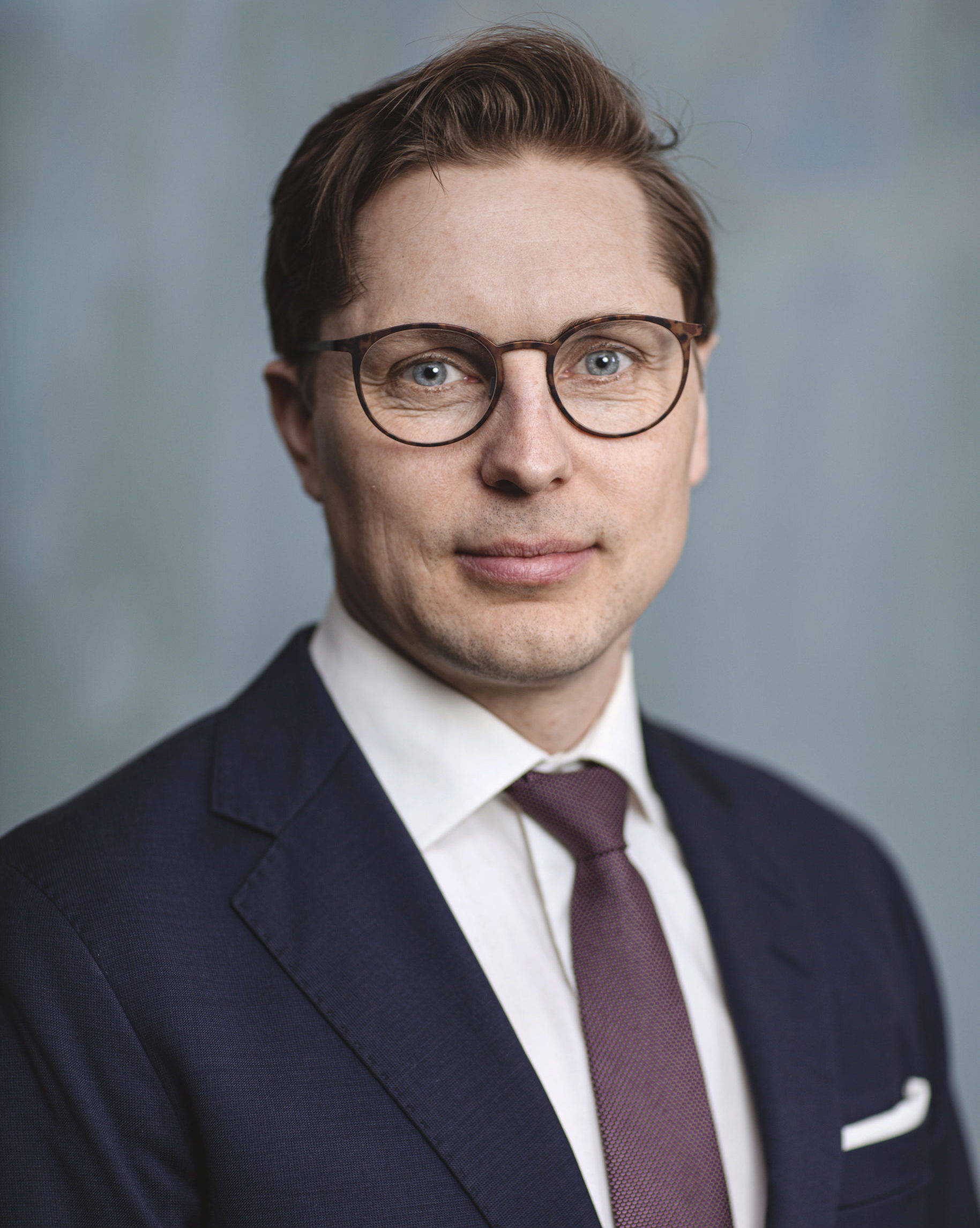From right: Reinhard Bütikofer, Member of European Parliament, Adrian Zenz, Victims of Communism Foundation, Anja Lange, First Solar, Rushan Abbas, Campaign for Uyghurs, Johan Lindahl, ESMC, Patricia Carrier, Coalition to End Forced Labour in the Uyghur Region
16 February 2024-Brussels, Belgium.
The ESMC convened a groundbreaking trilogue focused on state-sponsored forced labour in the clean energy supply to push for an end on imported products that have been manufactured by e.g. Uyghurs under suppression in China. At the event, stakeholders from industry, politics and the non-profit sector discussed the urgent need for ethical practices in solar photovoltaic manufacturing, especially if Europe wants to steer towards climate neutrality and environmental sustainability. Among the speakers were Anna Cavazzini, Member of European Parliament, Reinhard Bütikofer, Member of European Parliament, Patricia Carrier, Coalition to End Forced Labour in the Uyghur Region, Rushan Abbas, Campaign for Uyghurs, Adrian Zenz, Victims of Communism Foundation, and Johan Lindahl, European Solar Manufacturing Council.
The ESMC’s event addressed pressing issues, echoing discussions on forced labor in China’s Xinjiang Uyghur Autonomous Region. “It is undeniable that our European industries face an uphill battle when they need to compete on price against counterparts that engage in the use of slave labour” said Johan Lindahl, Secretary General of ESMC. Speakers called for regulatory frameworks, traceability, and disengagement from the Xingjiang autonomous region. Discussions examined by Abbas on how the European clean energy market cannot be built upon the backs of the Uyghur people, the realities of forced labour in Xinjiang with Zenz, and what makes an effective response to state-sponsored forced labour with Carrier. Ultimately, speakers called for an industry commitment to address forced labour concerns and foster a sustainable solar energy transition.
With the European Solar Manufacturing Council leading the charge, the trilogue marks a pivotal moment in the quest for a just energy transition. Abbas highlights how “China owns the monopoly on solar and the CCP is sucking the life force out of my people so that they can export cheap dirty energy to the rest of the world.” She also directly addressed the European Union: “Your government and all governments need to take decisive steps to meet your obligations under the 1948 genocide convention. Inaction is not an option.” Zenz showcased what modern-day slavery looks like in Xinjiang and the use of Labor Transfer Systems, where under heavily policed states, workplaces do not allow workers to leave.
According to Carrier, “As of 2023, the Uyghur region accounted for an estimated 35% of the world’s polysilicon… however non-Uyghur regions still rely on metallurgical-grade silicon (MGS) from the region and about a third of the global MGS supply is produced from the region.” Carrier aimed with her remarks that the energy market immediately evacuated all parts of their supply chain that involved the region. Anna Cavazzini said, “there is a sense of urgency on what can we do, and a lot of things are already in progress and I think it’s important to continue the work between business communities, NGO, researchers, and parliamentarians to reach the goal of having products without forced labor.”
The trilogue serves as a catalyst for meaningful dialogue and action. As panelists engage in constructive discussions, they aim to identify solutions that uphold European values and ensure a sustainable, equitable future. With collaboration at its core, this event exemplifies the collective determination to navigate the complex landscape of climate change and human rights, paving the way for a brighter tomorrow.
See the event recording here (start at 25 minutes):

Johan Lindahl
ESMC Industry Advisor
For more information:
lindahl@esmc.solar

Jens Holm
ESMC Policy Director
For more information:
holm@esmc.solar
+4670 825 0889
